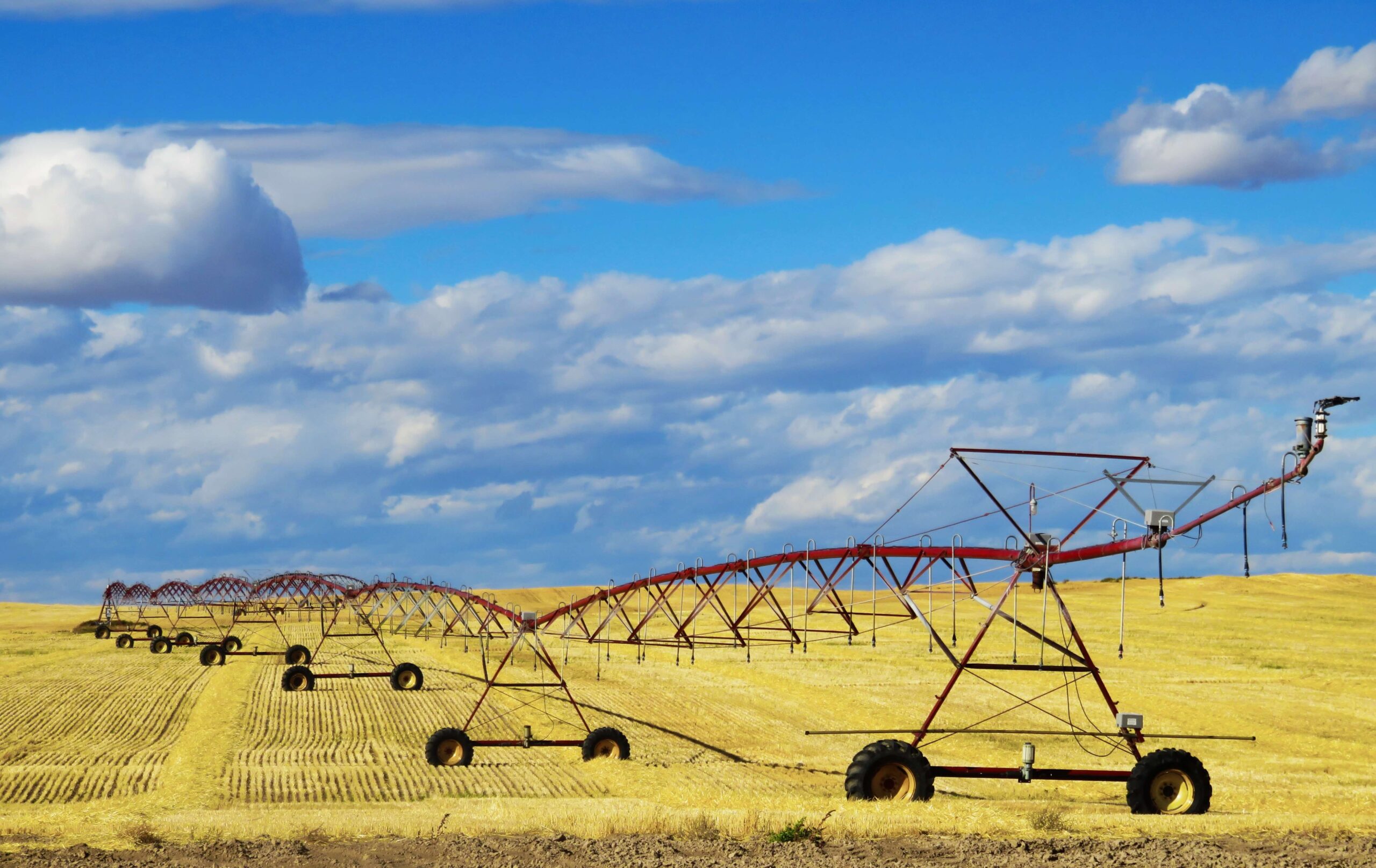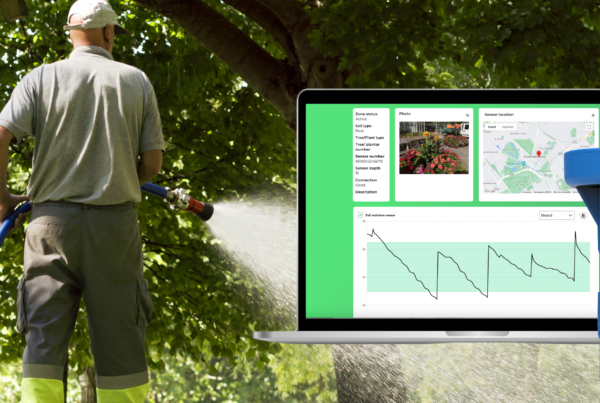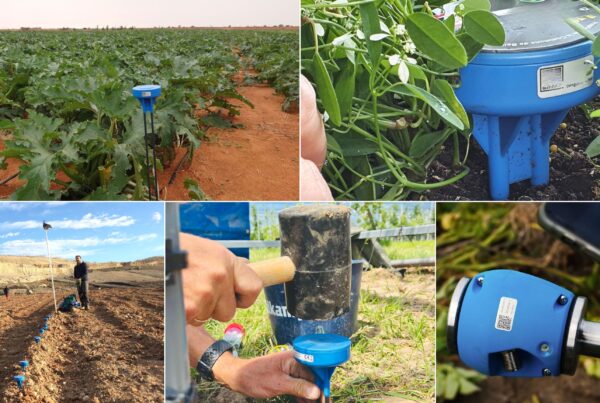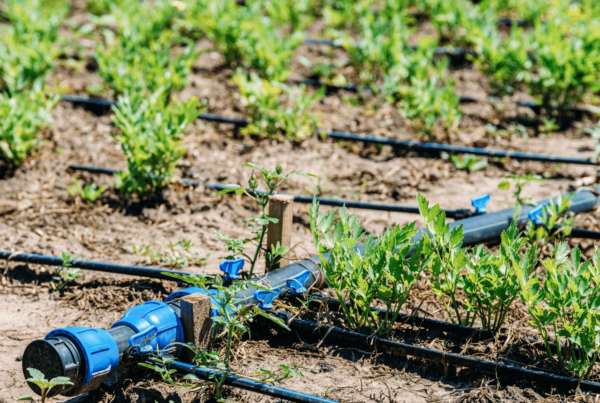Sensors play a crucial role in the journey from farm to table, ensuring food quality and reducing waste throughout the entire agricultural process. These smart agricultural sensors, which monitor product quality during crop growth and processing, are vital in addressing food waste issues. This topic is explored by David Curry in RTInsights online magazine.
According to the United Nations Food and Agriculture Organization (FAO), a staggering 14 percent of the world’s food is lost before it even reaches supermarket shelves. To achieve the goal of Zero Hunger in the years to come, countries must focus on mitigating this loss, and innovative devices are being developed to enhance farming practices.
A study conducted by researchers Jean Nturambirwe and Umezuruike Opara at Stellenbosch University, as reported in Science Direct, outlines three key solutions: crop monitoring, post-harvest quality monitoring, and market quality monitoring.
Nturambirwe emphasizes the significant role of machine learning in detecting plant diseases and assessing fruit quality. These advancements enable rapid and effective quality assessment and prediction in fresh produce, revolutionizing the way we manage crops.
Crop management involves deploying a network of ground and on-farm sensors to collect various data points, aiding in decision-making processes. This data is then integrated into a system capable of assessing growth conditions, product ripeness, and environmental changes, ultimately reducing losses at harvest.
Sensoterra, a global leader in smart farming, leverages wireless soil moisture sensors to provide data-driven solutions for optimizing land and freshwater resources in agriculture, horticulture, landscaping, and smart cities. These sensors empower farmers with precise soil moisture measurements, available in both single and multi-depth sensor options.
Soil moisture sensors are invaluable tools for evaluating soil health, directly impacting crop quality and yield. With these sensors, farmers gain insights that lead to higher crop quality and increased yields, helping address the global challenge of food waste.
About Sensoterra
Sensoterra is a pioneering leader in the field of wireless soil moisture sensors, offering cutting-edge IoT soil moisture sensor solutions for smart agriculture. Our state-of-the-art Sensoterra soil moisture sensors are at the forefront of agriculture IoT, providing unparalleled soil moisture monitoring capabilities.
Our commitment to precision agriculture technology allows farmers to make informed decisions, optimize their irrigation systems, and embrace sustainable farming solutions. With Sensoterra, access to real-time soil moisture data is at your fingertips, enabling precise water management and water resource management for your agricultural operations.
Sensoterra, established in 2015, with its headquarters in Houten, The Netherlands, develops water management solutions for agriculture/horticulture, smart city management, and water governance. Sensoterra has over 12,000 sensors in the ground globally, and generates hundreds of thousands of data points for smart water management, daily. Learn more at www.sensoterra.com
Contact for more information, pictures and/or interview requests:
Jessica Nuboer
Marketing & Communications
Sensoterra
Email: [email protected]






